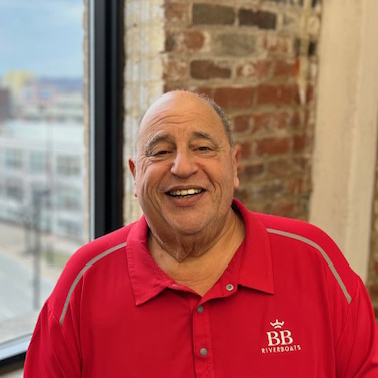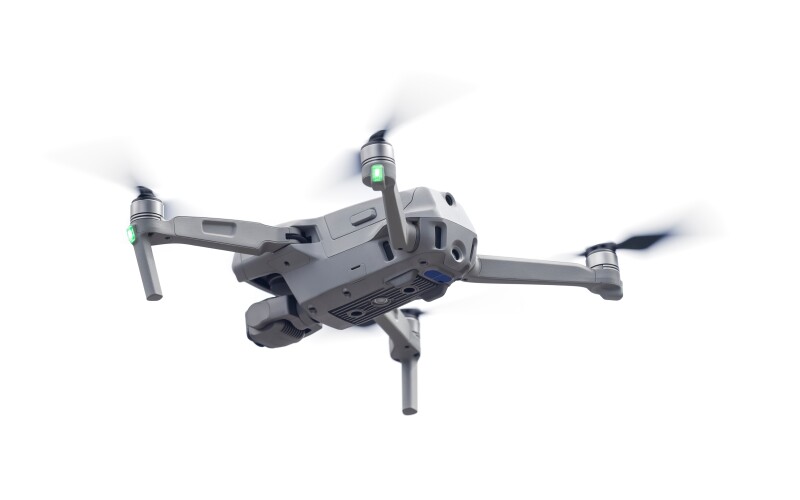As populations in and around our cities soar, so do problems associated with this growth. Much of this development is on or near water. In my area, the Greater Cincinnati region, thousands of new residents have relocated to both banks of the Ohio River.
We know that our nation’s waterways have become more crowded, and we recognize the potential for accidents has increased proportionately. I have long believed that major marine accidents involving recreational boats and commercial vessels have largely been avoided because of the expertise of our professional mariners. While we have made some headway in managing the known risks of our crowded waterways and avoiding catastrophe, a new hazard has literally risen out of thin air — the proliferation of the public’s use of drones.
Drones have become more than just an annoyance to mariners and others. They have become a significant safety and security threat. A drone flying close to or above a commercial passenger vessel, for example, is not only a distraction to the captain and crew but also a possible danger to all aboard the vessel. It is also suspicious from a security standpoint and poses a potential hazard to all aboard should it accidentally or intentionally crash into the vessel. A large drone can cause a great deal of damage to a vessel and can cause severe bodily harm to a passenger should it crash.
The Federal Aviation Administration has rules and certifications for operating drones in the U.S. For example, there are flight height restrictions and rules against flying drones over people. There are laws against using drones to interfere with aircraft.
I believe it is time for the federal government to establish rules that prevent drones from interfering with passenger vessels, towboats and other commercial vessels for safety and security reasons. Essentially, such rules would establish no-fly zones for drones around these vessels, and especially around those vessels that are operated using MTSA security plans.
If a commercial or private drone operator wished to fly a drone over a commercial vessel, for marketing or other reasons, it would have to seek permission from a regulatory authority such as the Coast Guard before doing so. And the vessel operator would have to agree with the request.



.JPG.small.400x400.jpg)

